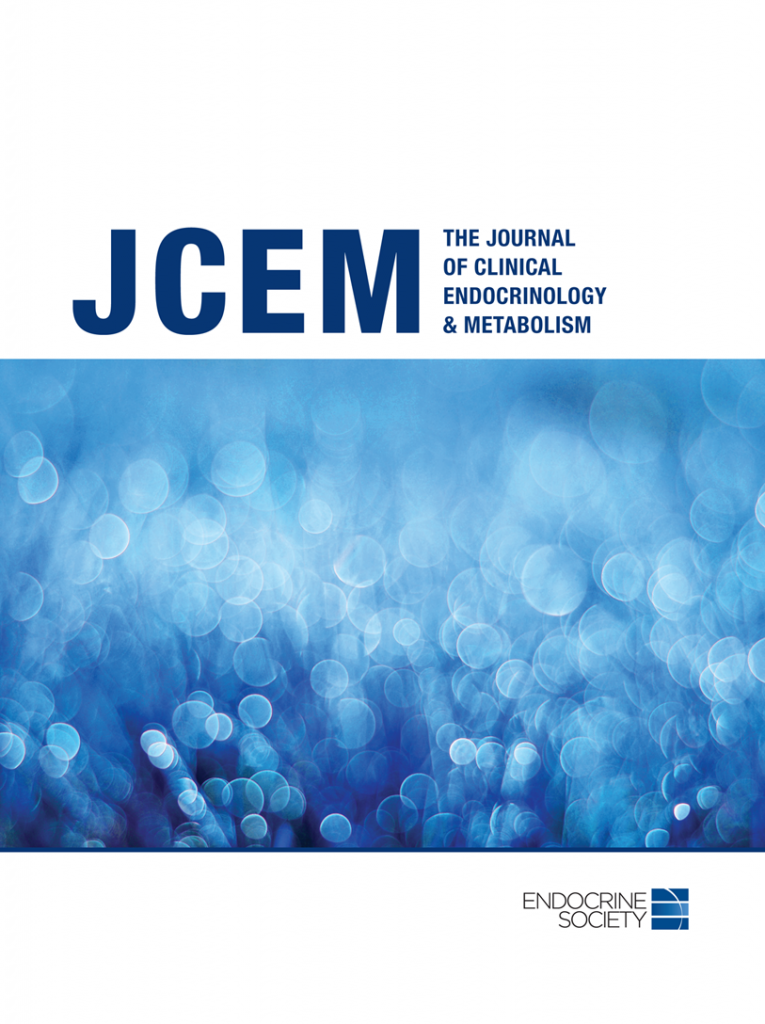
People who eat too many refined carbs and fatty meats for dinner have a higher risk of heart disease than those who eat a similar diet for breakfast, according to a nationwide study published in The Journal of Clinical Endocrinology & Metabolism.
Cardiovascular diseases like congestive heart failure, heart attack and stroke are the number one cause of death globally, taking an estimated 17.9 million lives each year. Eating lots of saturated fat, processed meats and added sugars can raise your cholesterol and increase your risk of heart disease. Eating a heart-healthy diet with more whole carbohydrates like vegetables and grains and less meat can significantly offset the risk of cardiovascular disease.
“Meal timing along with food quality are important factors to consider when looking for ways to lower your risk of heart disease. Our study found people who eat a plant-based dinner with more whole carbs and unsaturated fats reduced their risk of heart disease by ten percent,” says study author Ying Li of the Harbin Medical University in Harbin, China. “It’s always recommended to eat a healthy diet, especially for those at high risk for heart disease, but we found that eating meat and refined carbs for breakfast instead of dinner was associated with a lower risk.”
The researchers studied 27,911 U.S. adults’ data from the National Health and Nutrition Examination Survey (NHANES) and analyzed dietary information collected during interviews with the participants over two non-consecutive days. They examined the association between eating different fats, carbohydrates and proteins at breakfast or dinner with participants’ rates of heart disease. The analysis found eating a plant-based dinner reduced heart disease risk by ten percent.
“It’s always recommended to eat a healthy diet, especially for those at high risk for heart disease, but we found that eating meat and refined carbs for breakfast instead of dinner was associated with a lower risk.”
Other authors of the study include: Wanying Hou, Jian Gao, Wenbo Jiang, Wei Wei, Huanyu Wu, Yuntao Zhang, Changhao Sun and Tianshu Han of the Harbin Medical University.
The manuscript received funding from the National Natural Science Foundation of China and the Young Elite Scientists Sponsorship Program.
The manuscript, “Meal Timing of Subtypes of Macronutrients Consumption with Cardiovascular Diseases: NHANES, 2003-2016,” was published online, ahead of print.

